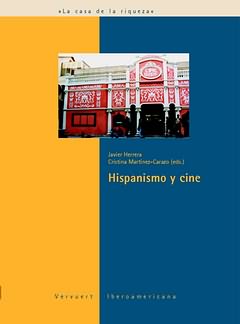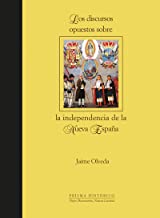Libros relacionados
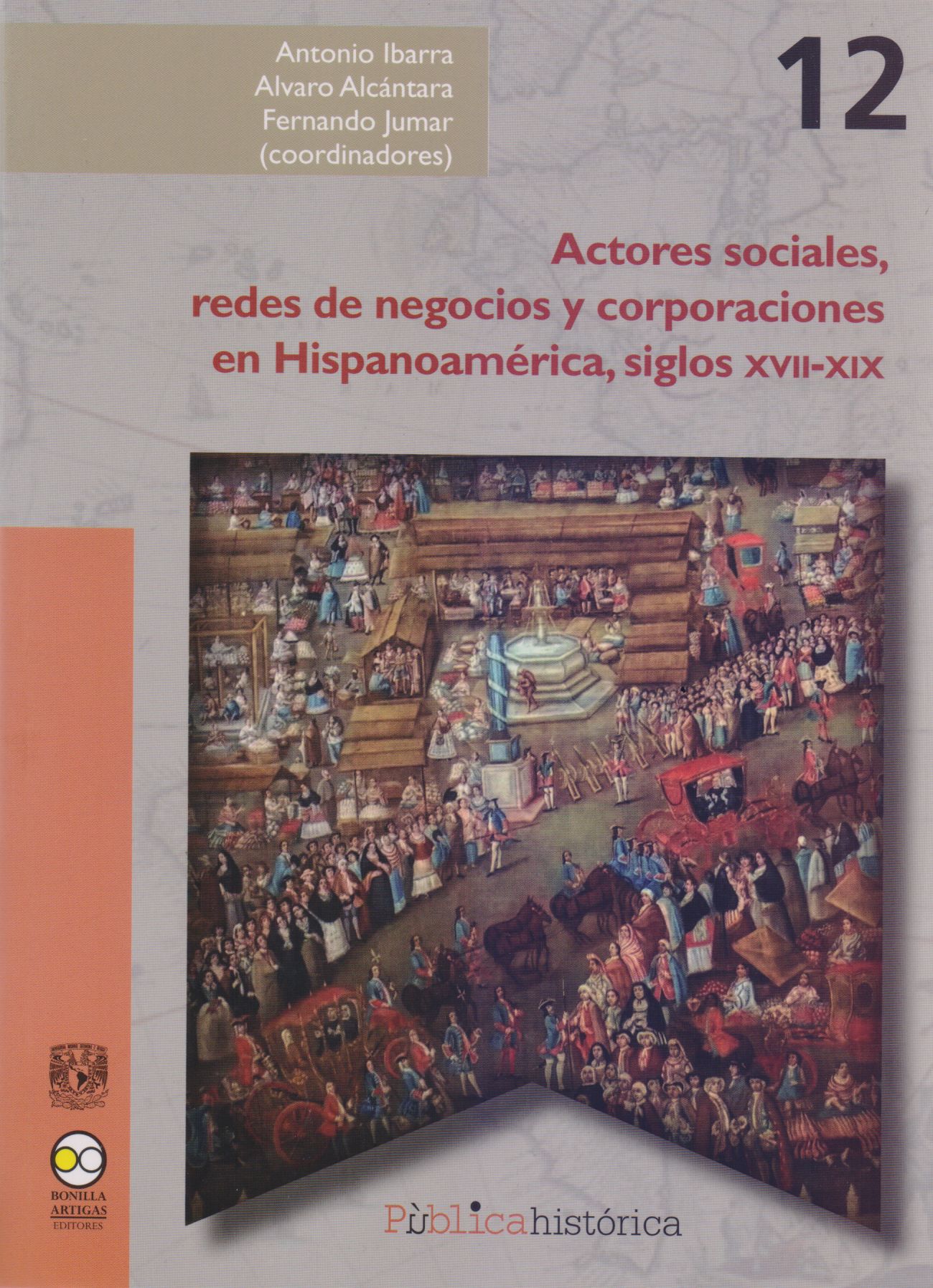 |
Actores Sociales, Redes de Negocios y Corporaciones en Hispanoamérica, Siglos XV Ibarra, Antonio / Alcántara, Alvaro / Jumar, Fernando Bonilla Artigas Editores |
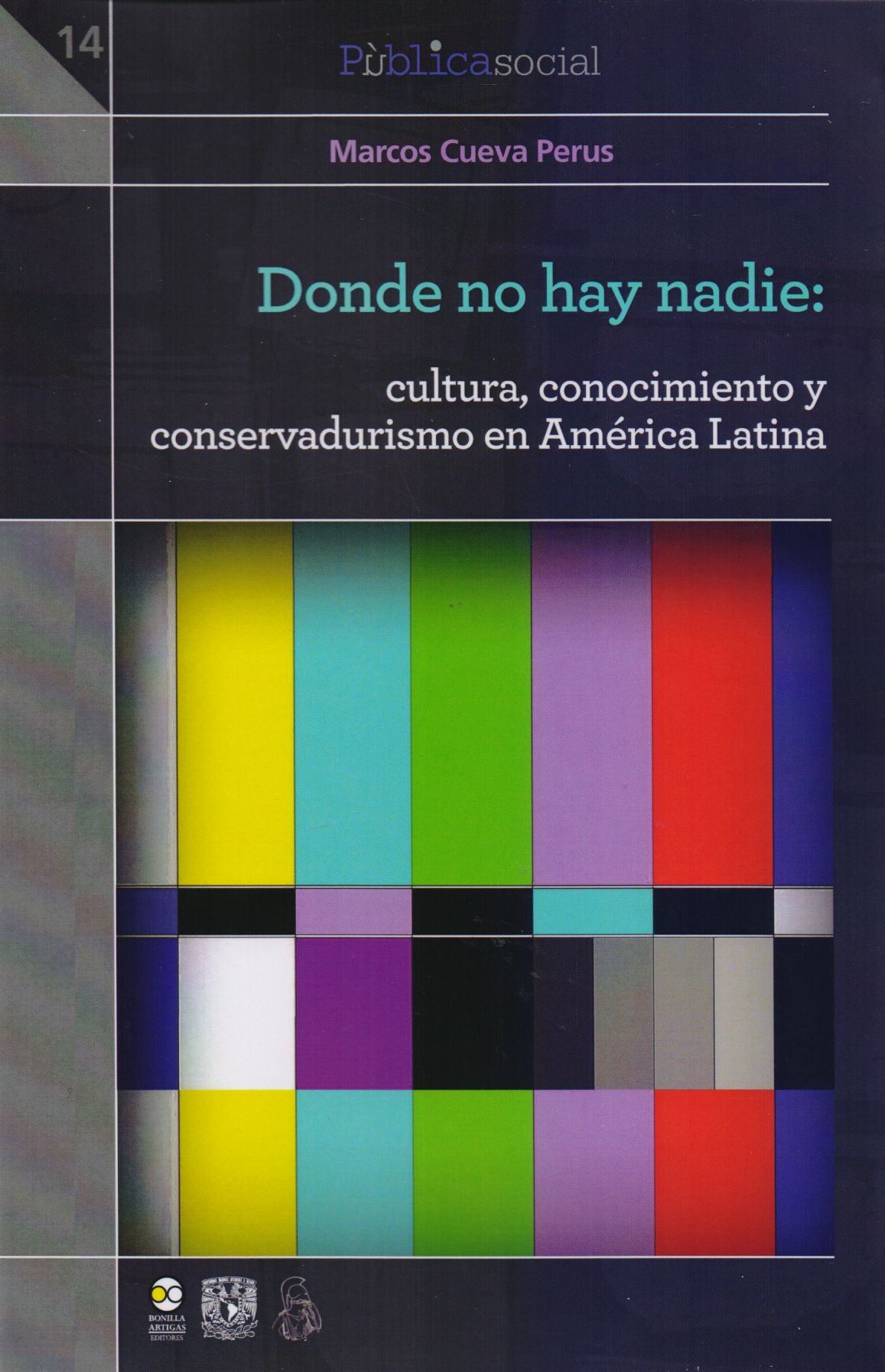 |
Donde No Hay Nadie: Cultura, Conocimiento y Conservadurismo en América Latina Cueva Perus, Marcos Bonilla Artigas Editores |
 |
Luchas Por la Memoria en América Latina, Las Allier Montaño, Eugenia / Crenzel Emilio (Coord.) Bonilla Artigas Editores |
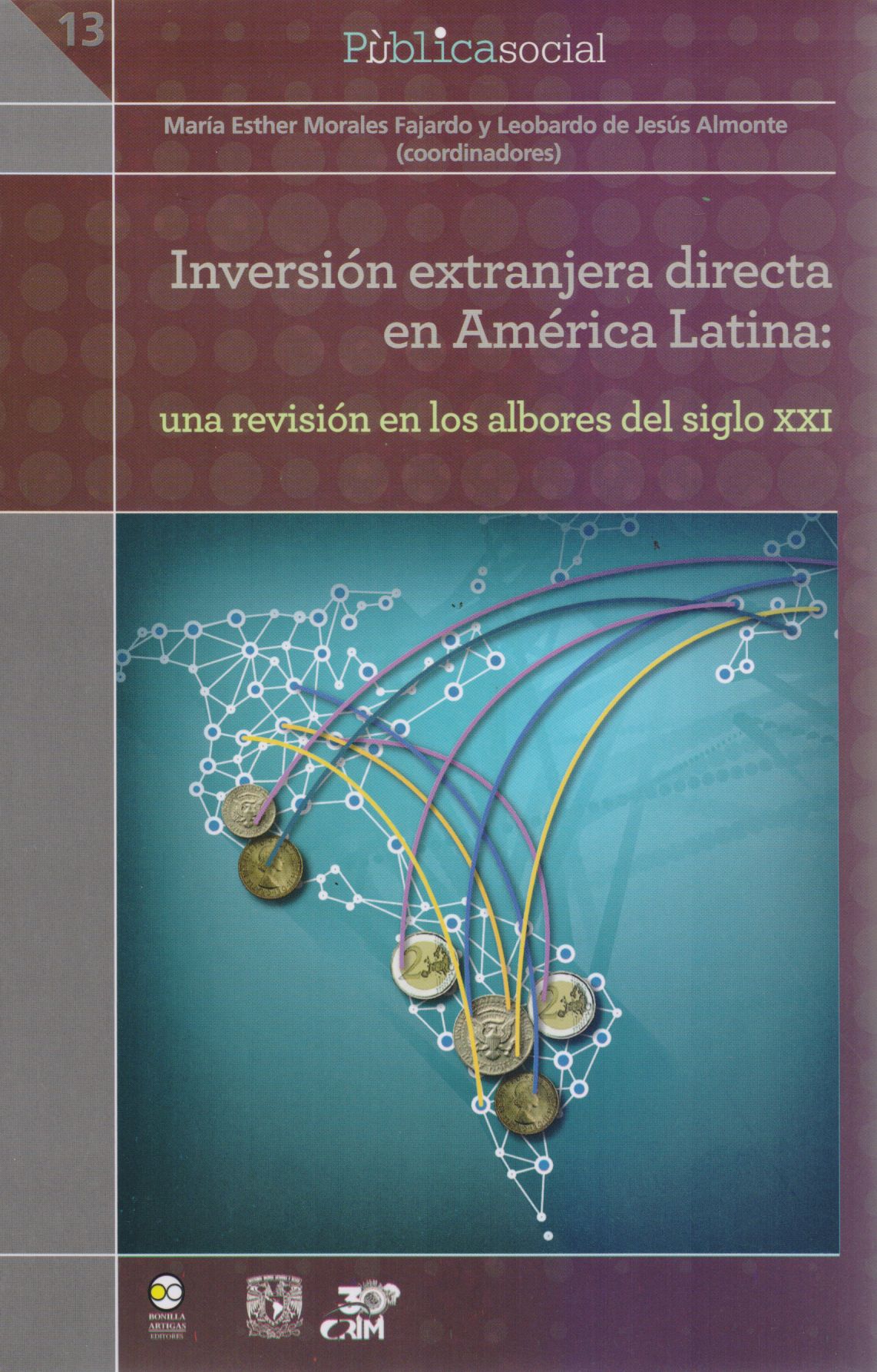 |
Inversión Extranjera Directa en América Latina: una Revision en los Albores Del Morales Fajardo, María Esther / de Jesús Almonte, Leobardo Bonilla Artigas Editores |
 |
Violencia Segmentaria: Consideraciones Sobre la Violencia en la Historia de Amér Riekenberg, Michael Iberoamericana Vervuert |


|
Título: Crisis y Reemergencia: el Siglo XIX en la Ficción Contemporánea de Argentina, Ch | |
| Autor: Garibotto, Verónica | Precio: $945.00 | |
| Editorial: Purdue University Press | Año: 2015 | |
| Tema: Hispanoamerica | Edición: 1ª | |
| Sinopsis | ISBN: 9781557537157 | |
| In the last decades-and especially since the 1990s-there has been a noticeable reemergence of the nineteenth century in Southern Cone culture. Popular nineteenth-century figures (indios, gauchos, letrados, and cautivas) have reentered the national literary scene in Argentina, Chile, and Uruguay. Nineteenth-century heroes such as San Martin and Artigas are again the main protagonists of Southern Cone theater, film, and literature. Canonical nineteenth-century texts (La cautiva, Martin Fierro, Facundo) are being rewritten one more time in different artistic fields. Foundational nineteenth-century genres (travel narratives, gauchesque poems, and national romances) are being transformed and recycled. Controversial nineteenth-century events (the civil wars, the massacre of indigenous communities) are being revisited and explored. Through a combination of close textual analysis and a broader perspective rooted in cultural theory, this book answers two interrelated questions: Why did the nineteenth century resurface so strongly in the last decades? What are the ideological implications of this reemergence?
Based on a transnational comparison of Argentina, Chile, and Uruguay, and a survey of narratives that were mostly produced by well-known figures (political activists, public intellectuals, and canonical authors), Crisis y Reemergencia helps to elucidate how the Southern Cone cultural field has changed since the 1990s: how intellectuals' ethics, national identities, and discursive strategies that were functional to the consolidation of liberalism in the nineteenth century have been challenged, transformed, and rethought in the last decades. Borrowing from cultural Marxism, discourse analysis, and postcolonial theory, the book pursues a triple contribution: to define the discursive and ideological components that were at the core of the nineteenth century, to show their continuity up to the 1990s (and thus clarify the connections between liberalism and neoliberalism), and to expose their recent transformation-a transformation that paved the way for the "return of the political" to the region |
||
Librería Bonilla SA de CV © Todos los derechos reservados. 2019
Última actualización: Jul 2019



